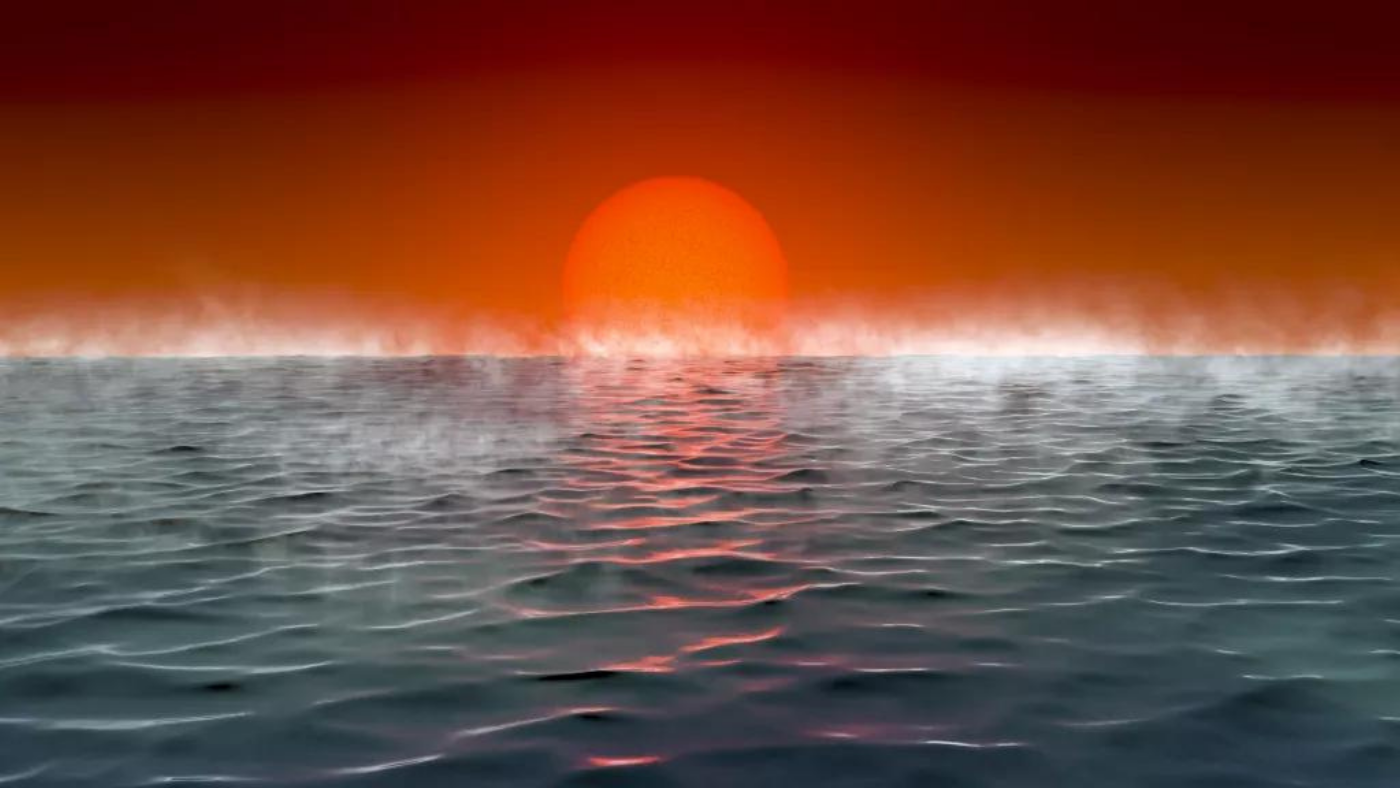What are Hycean planets?
Planets ‘hiding in plain sight’ could provide habitable conditions for life

A free daily email with the biggest news stories of the day – and the best features from TheWeek.com
You are now subscribed
Your newsletter sign-up was successful
Planets that are very unlike Earth could provide habitable conditions for extraterrestrial life, a new study has found.
Most “alien hunters” have so far focused their attention on “Earthlike planets”, Space.com noted – but researchers at the University of Cambridge have explored the possibility that “decidedly un-Earthlike” planets could in fact provide the right conditions to support life forms.
With these planets known to exist abundantly in the Milky Way, Forbes asked if alien life has been “hiding in plain sight”?
The Week
Escape your echo chamber. Get the facts behind the news, plus analysis from multiple perspectives.

Sign up for The Week's Free Newsletters
From our morning news briefing to a weekly Good News Newsletter, get the best of The Week delivered directly to your inbox.
From our morning news briefing to a weekly Good News Newsletter, get the best of The Week delivered directly to your inbox.
What are Hycean planets?
The Cambridge researchers have identified a new class of habitable planets, covered in ocean with hydrogen-rich atmospheres, and have dubbed them Hycean planets.
Hycean worlds are similar to other exoplanets – those beyond our solar system – such as “super-Earths” and “mini-Neptunes”, and can be up to 2.6 times larger than Earth.
Why do scientists think these planets could support extraterrestrial life?
A free daily email with the biggest news stories of the day – and the best features from TheWeek.com
As well as being much larger and having a mass of almost ten times greater than that of Earth, Hycean planets appear able to sustain habitable conditions at widely varying distances from their host stars.
While some of these planets orbit close to their star and have “one scorching-hot day side and one eternally dark night side”, others orbiting further away receive “very little stellar radiation”, Space.com continued. With a larger “habitable zone” than that of Earth, ScienceAlert said, Hycean planets may host microbial life that can survive in extreme conditions.
"Some of the conditions in the oceans of these worlds could be similar to habitable conditions in Earth's oceans,” such as having a similar temperature, pressure, or presence of liquid water," astronomer Nikku Madhusudhan, one of the researchers behind the new study published in The Astrophysical Journal, told the site.
“The assumption is that if microbial aquatic life can form in these oceans in the same manner as they did on Earth then some of the biosignatures may also be common.”
What evidence could they look for?
The scientists behind the new study believe these types of planets “offer a better chance of finding several trace biosignatures”, said Madhusudhan. A biosignature, or biomarker, is any naturally occurring substance, such as a gene or molecule, that provides evidence of past or present life forms.
Hycean worlds also appear to provide fertile ground for investigations into the presence of a biosignature gas, such as oxygen or methane. Methyl chloride and dimethyl sulphide could also indicate signs of life, ScienceAlert added.
What could this mean for life beyond planet earth?
There remain “many open questions”, said Madhusudhan, but “a Hycean life hunt could start soon”, Space.com noted.
The size and proximity to Earth of these planets makes them “much easier to find and study than tiny Earth-like planets”, Forbes noted. The researchers suggested that the James Webb Space Telescope, which launches in October, could investigate one such exoplanet for biomarkers.
“We need to be open about where we expect to find life and what form that life could take, as nature continues to surprise us in often unimaginable ways”, said Mudhusudhan. “Many open questions” remain, but life could be detected on an exoplanet within a “few-year timescale”.